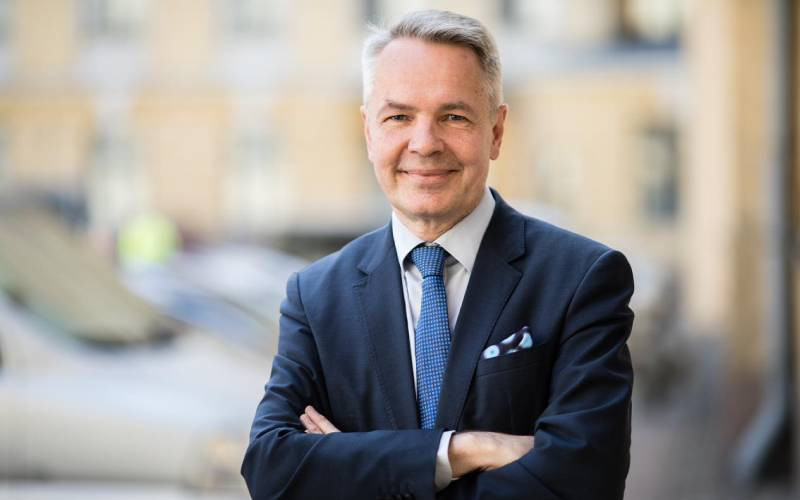
Kenya and Finland have a long history and close partnership. Our business co-operation is expanding. We work together in areas such as peace mediation, youth empowerment, women's rights and environmental issues.
We share the vision of a world where no one is left behind and the jointly agreed rules are respected. The recent elections in Kenya were peaceful and trust in the independent institutions sets an example for the whole region. During the electoral period, Kenya also had to tackle the disease of our modern times - the increase of online violence and the spread of disinformation.